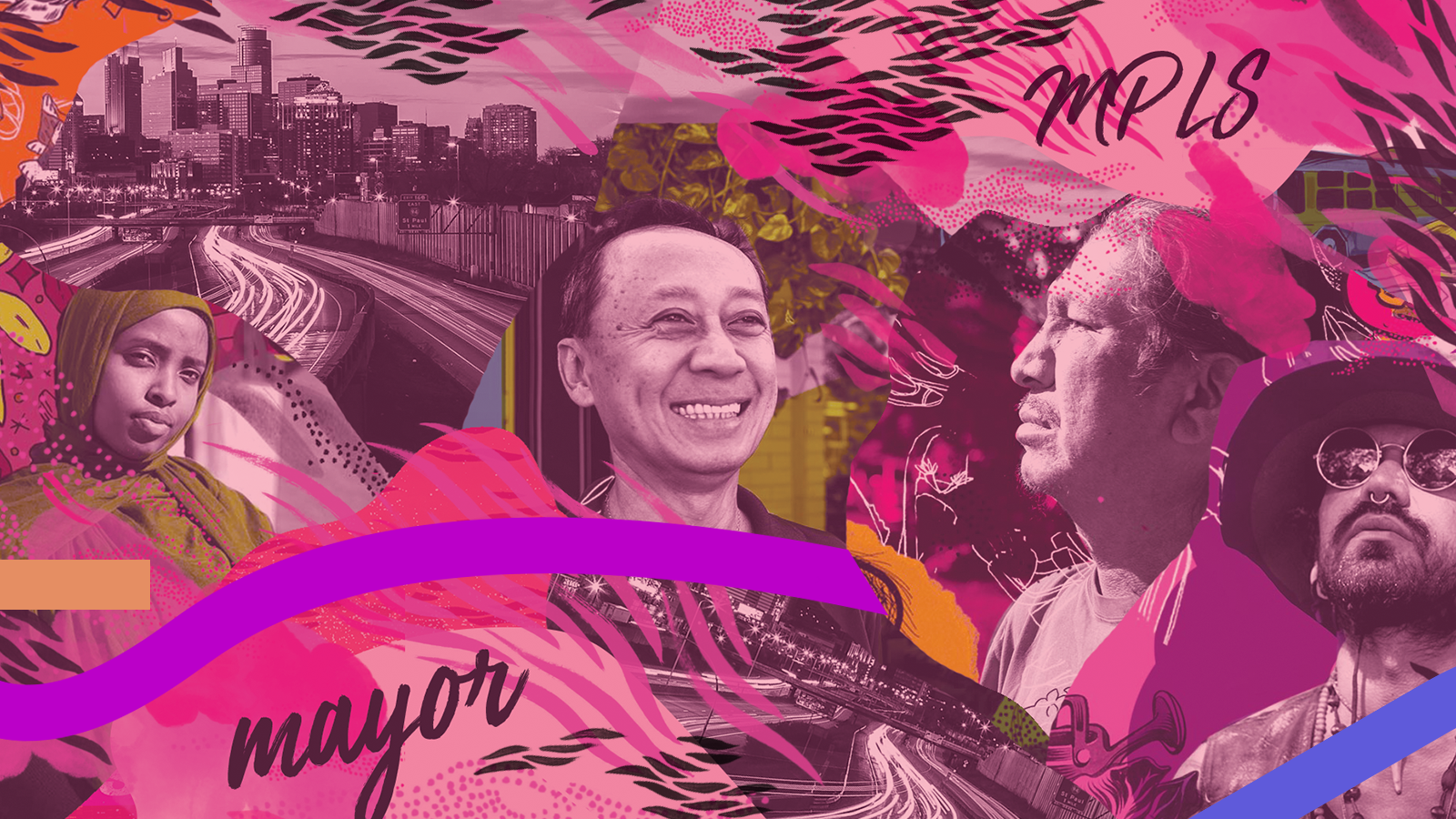

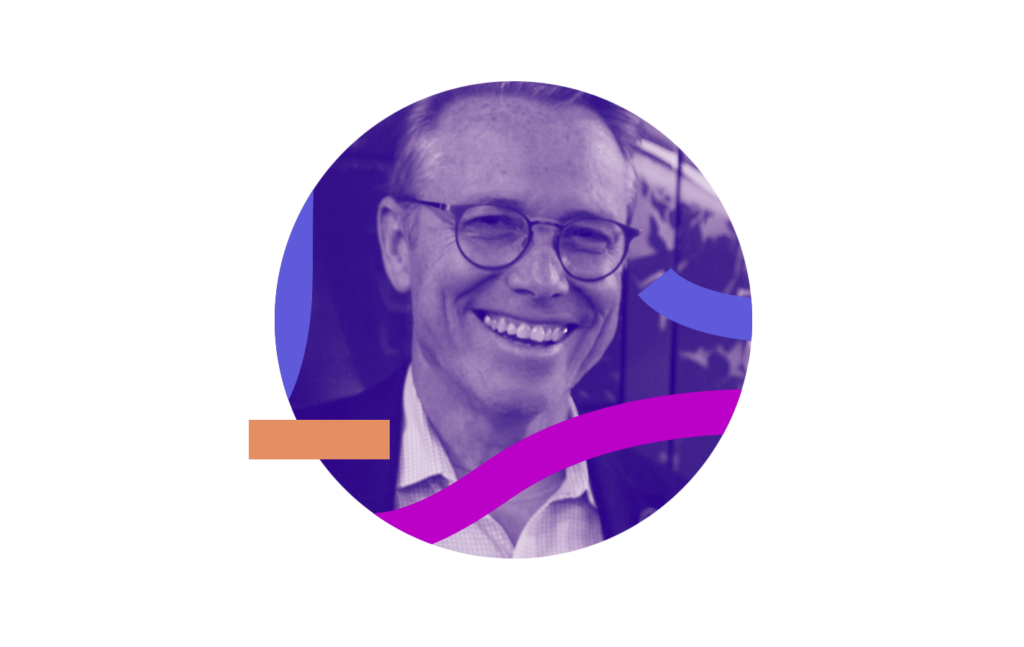
Why are you running for office?
I am running for Mayor because we must remedy disparities entirely—we can no longer be satisfied with an incremental approach. We need to lift up neighbors who are continually neglected by city leadership. Only when shared-governance is the backbone of our decision making, will Minneapolis be an open, inclusive community.
Tell Us About Yourself
Pronouns: He/him/his
Party Affiliation: DFL
Do you own or rent your home? Own
Let’s Get To Know You
What is your favorite album?
The Rise and Fall of Ziggy Stardust and the Spiders from Mars by David Bowie
Who are your heroes?
Dr Josie Johnson, Dr John Powel, Renzo Piano
How do you plan to engage with and be held accountable by community once you are elected?
I will be accountable to the communities facing the greatest disparities in clean air and water, education, wealth, housing, and healthcare first. If elected, I will establish processes that create and strengthen shared governance—increasing investment into neighborhood community relations to implementing a participatory budget process. I will be present in communities—hosting town halls, meetings with local leaders, and supporting our small businesses, nonprofits, and neighborhood associations.
What’s your favorite thing about Minneapolis?
The sledding hill at Theodore Wirth Park—we used to go there all the time growing up!
The Issues
Why should young people be invested in local politics?
Before young people can be invested in local politics, we need to be invested in engaging them and welcoming them to the table. Our decision
Where do the inequities in our city stem from?
Systemic inequities are rooted in a legacy of white supremacy and have been perpetuated by centuries of biased governance. While excluding people of color and indigenous communities from the process, our leaders have hoped that merely identifying injustice would lead to a solution. But the only way to actually remedy inequities is to disrupt these systems and rebuild them in conjunction with currently marginalized communities.
What single issue could have the biggest impact in closing racial disparities in our city?
Affordable Housing. Markets alone cannot meet the needs of low-income people, therefore the duty falls on the government.
Do you believe that we could ever have a city without police?
Yes
What would you do, as an elected official, to bring us closer to police abolition?
Long-term, we can achieve a city without police through steady divestment coupled with system changes—including financial support—in housing, education, job training, healthcare, and proactive community-led safety. For this to work, we would also need to see significant changes to policing to the state and federal levels. Restorative justice models and early intervention will allow us to be proactive as we steadily remove scarcity, the underlying cause of crime.
How do we continue to grow our city without displacing the people that want to stay here?
It will be essential for us to increase the city’s density while combating gentrification and displacement. To ensure low- to moderate-income households aren’t priced out, we need to build housing at every income level and preserve naturally occurring affordable housing. We can also implement policies like Value Capture Financing which allows the city to ‘capture’ a portion of the increase in land value and distribute the benefits of neighborhood revitalization fairly among all residents, not just landlords.
How will you fight against state preemption of local control?
As a three-term State Representative, I understand the state’s perspective in city-state matters and have relationships at the Capitol to leverage the change Minneapolis needs. We need to fight preemption in multiple areas: civilian oversight and residency requirements for police, the ability to ban plastic bags, and the ability to establish rent control.
What policy changes are necessary to improve the health of all Minneapolis residents?
Minneapolis must take decisive action to protect our climate, air, water, and public health. We have control over how we power our city, manage waste systems, and protect neighborhoods from polluters. We must use this leverage to protect the health of all families, combat the effects of climate change, and create living wage clean energy jobs that invest in our communities.
How can the city improve our transportation infrastructure?
Our streets must reflect our priorities and values. Transit systems impact a variety of issues in our city, including education, jobs, the environment, and housing. Minneapolis passed a Complete Streets policy in 2016—prioritizing walking, cycling, and public transit over the use of automobiles in the planning and design of our transit infrastructure. I support the continued implementation of the Complete Streets agenda.
How will you work to improve conditions for workers in our city?
Minneapolis has made progress on uplifting workers in our city with the working families agenda. We need to pass fair scheduling, expand access to unions, and prevent wage theft. We also need to transform how we build our economy as a city. Instead of working to attract big corporations to the city, we must build a network of businesses that are grounded in the city and build community wealth. One way we can do this is by scaling worker cooperatives, modeled on efforts by cities like Cleveland.
How do you define sanctuary city? Do you believe that Minneapolis should fill this role and what would you do to make this happen?
To be a sanctuary city, Minneapolis has to do much more than not participate with Immigration and Customs Enforcement. A true sanctuary city is a place where anyone can have housing, a job, and can live safe, healthy lives. Minneapolis should fill this role and to make it happen we need policies that address each of these issues and where they intersect.
What is the role of city government in shaping Minneapolis as the city of the future?
Government must play a vital role in shaping the future of Minneapolis, however decisions need to be made in conjunction with communities who have been left behind. Government can take profound steps toward remedying inequities and paving the way to a diverse future. The future is going to require more education and job training, government must ensure all people have pathways to generating wealth, stable housing, and a healthy community.
Anything else you want people to know?
My staff says that I’m a Ravenclaw.
For more information, visit www.raymonddehn.com.
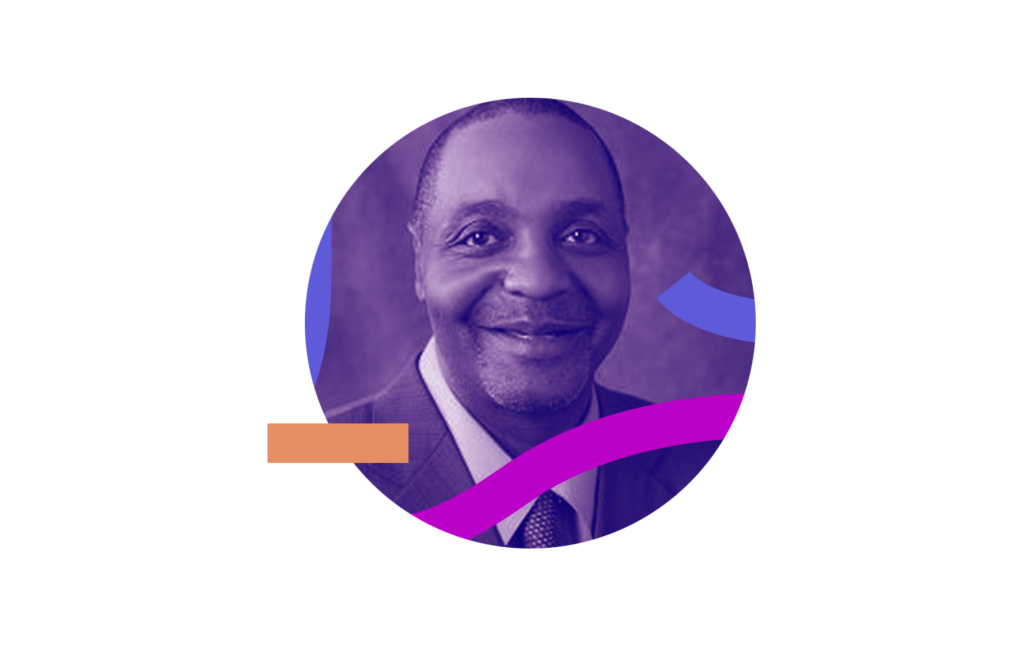
Why are you running for office?
Everyone in Minneapolis needs to be aware of the policies and actions that are being created by our elected officials and how they effect their lives. Too often, the interests of developers are heard too quickly and easily in city hall. Thus causing the people being told what is best for them as oppose to elected officials asking people what needs are not being met. My campaign will bring truth to the people and change the way information is given to the all people, everyone, in Minneapolis.
Tell Us About Yourself
Pronouns: he/him/his
Party Affiliation: DFL
Do you own or rent your home? Rent
Let’s Get To Know You
What is your favorite album?
Is this an ice breaker question?
Who are your heroes?
Many people, I am not sure where to start.
How do you plan to engage with and be held accountable by community once you are elected?
As a community activist, elected officials call me when they need community voices and engagement. I will extend my organizing to all and bring equitable change. This means having all people be in touch with all communities of color, not just the affluent and rich. Since I have conducted years of collaboration in various communities, I would use my contacts to build policy and distribute information about the city to everyone.
What’s your favorite thing about Minneapolis?
The people, community radio, KMOJ, community press, opportunity for growth and prosperity despite struggles of oppression.
The Issues
Why should young people be invested in local politics?
Local politicians are making laws and policies that directly effect young people. The more you participate, the more power you gain.
Where do the inequities in our city stem from?
Racism – we try to push low-income people of color out of Minneapolis and develop very expensive and isolated homogenous housing. If you say you are not racist, they you should have no problem living next to people who are different than you. You should be fine with your kids playing with their kids, and getting to know your neighbors. This does not always happen. I have the proven leadership to build bridges across communities, and provide equitable resources to all.
What single issue could have the biggest impact in closing racial disparities in our city?
Housing – as I stated in the previous question, housing is becoming more expensive and driving people out of Minneapolis.
Do you believe that we could ever have a city without police?
No
What would you do, as an elected official, to bring us closer to police abolition?
I am already going to trials supporting people, talking to families, and providing information to the community. The work I currently do will only be amplified in the position as Mayor of Minneapolis. As a Black man who has been and whose children have been victims of police brutality multiple times at the hands of Minneapolis police, I can honestly say that I am the most about Black lives compared to all of the other candidates.
How do we continue to grow our city without displacing the people that want to stay here?
A longer‐term commitment for affordable homeownership funding is needed in the City of Minneapolis to leverage other funds, create equal opportunities for homeownership, and fill the huge gap in the affordable housing spectrum for household wanting to live in Minneapolis. The projected population increase in Minneapolis coupled with increasing housing costs only makes the need even greater. A dedicated $10 million fund (or policies that achieve the same benefit), similar to the Affordable Housing Trust Fund (rental housing) is needed to ensure ongoing opportunities to fund affordable housing in Minneapolis. More details of my plan are available on my website truthtothepeople.com.
How will you fight against state preemption of local control?
From my work on the United Black Legislative Agenda, I have a proven track record of collaborating and building good relationships with elected officials at the state level. There is more that I would like to say about this, but can’t due to word limit.
What policy changes are necessary to improve the health of all Minneapolis residents?
There is so much to write here, and not enough space. First, we need to work on environmental justice issues. The city needs to hire an environmental justice coordinator to conduct community meetings and educate people to reduce trash. We need to stop burning our garbage, which is directly effecting our air quality. We need to support efforts for single payer universal healthcare. We need to promote urban agriculture. We need to regulate and monitor our drinking water.
How can the city improve our transportation infrastructure?
[Not answered]
How will you work to improve conditions for workers in our city?
I am a big supporter of unions, and will work to stop union busting.
How do you define sanctuary city? Do you believe that Minneapolis should fill this role and what would you do to make this happen?
I have been very fortunate to receive the Minneapolis Sanctuary Platform from MIRAC. I fully support this platform, and it is also available on my website: www.truthtothepeople.com.
What is the role of city government in shaping Minneapolis as the city of the future?
We live in a world where we need to bring constituent leadership to the forefront on social action. I see the role of an elected official as a servant leader. As Mayor of Minneapolis, I plan to provide leadership to serve, not rule and govern. I believe that this approach is a guiding principle to change the power paradigm where the people are in power and the elected officials lead to carry what is good for the people, the community, and society.
Anything else you want people to know?
[Not answered]
For more information, visit www.truthtothepeople.com.
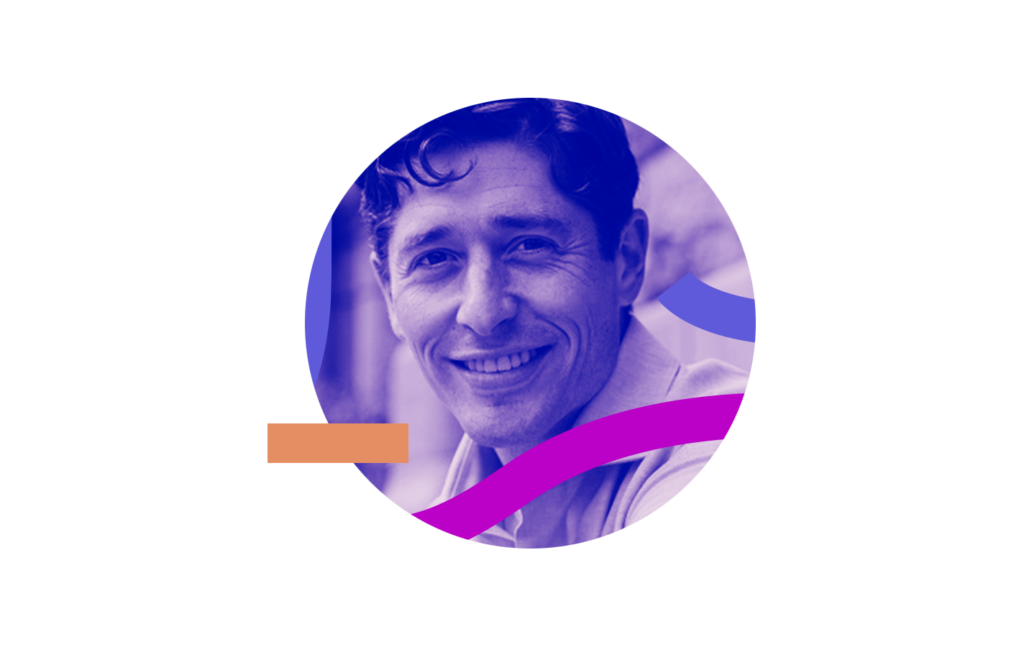
Why are you running for office?
I am running because Minneapolis needs a Mayor who is accessible, willing to lead, ready to collaborate with community members and build coalitions with partners, and, ultimately, get results.
Tell Us About Yourself
Pronouns: He/Him/His
Party Affiliation: DFL
Do you own or rent your home? Rent
Let’s Get To Know You
What is your favorite album?
Blood on the Tracks
Who are your heroes?
Steve Prefontaine, Frida Kahlo, my parents
How do you plan to engage with and be held accountable by community once you are elected?
I will be accessible, pick up the phone myself when I’m in the office, and answer emails and calls promptly. I will hold bi-weekly press briefings and monthly town halls where I will answer any questions asked of me. I want residents to reach out to me at City Hall, but I also want to reach out to them in their communities to learn what is and isn’t working for them. Asking community members for input should happen before, not after planning and decisions have been made.
What’s your favorite thing about Minneapolis?
It is a city within a park
The Issues
Why should young people be invested in local politics?
It’s where they can have the greatest influence on issues with very real day-to-day implications.
Where do the inequities in our city stem from?
They stem from a range of structural, institutional, and social causes spanning across virtually every determinant of well-being including wealth, health, environment, housing, education, employment, social cohesion, security, and more. One major factor is spatial injustice resulting from housing covenants and red-lining that have pushed people of color into segregated neighborhoods, which were subsequently disconnected from the rest of the city when highways were routed through them.
What single issue could have the biggest impact in closing racial disparities in our city?
Affordable housing.
Do you believe that we could ever have a city without police?
No*
The candidate has asked that the answer to this question be changed to “no,” to eliminate confusion arising after the original set of questions provided to candidates differed from those on the submission form.
What would you do, as an elected official, to bring us closer to police abolition?
While there is a hypothetical world in which police are not needed, we don’t live in that world. If government were to do away with police, they would be very quickly replaced by private security forces hired by those who (a) can afford them and (b) have a fear of being the victims of crime at the hands of other people. This would be the antithesis of community policing and would increase the risk of violence all together.
How do we continue to grow our city without displacing the people that want to stay here?
I think that the choice between growing Minneapolis and protecting communities from displacement is a false one. Building more housing, especially more affordable housing, and moving away from policies that prevent density and affordability is the only way that we can create a Minneapolis where everyone can live in a neighborhood of their choosing.
How will you fight against state preemption of local control?
As Mayor, I would lead an effort to bring together the mayors of as many other Minnesota cities as possible to form a coalition to fight against state preemption of local control both legislatively and judicially.
What policy changes are necessary to improve the health of all Minneapolis residents?
How can the city improve our transportation infrastructure?
We have to work with MnDOT, Met Council, Hennepin County, the business community, and advocacy organizations to mobilize political support for more investments in public transit, including light rail and bus rapid transit. We need to move away from planning decisions that are exclusively centered around the single-occupancy vehicle. We should prioritize making investments in pedestrian and bicycle access and safety in our street designs.
How will you work to improve conditions for workers in our city?
While I’m proud to have instituted and authored paid sick/minimum wage ordinances at the city, let’s not forget that $15 is still not a life. We need significant plans for economic growth, incentives for zip-code hiring practices, and vocational training in our schools ranging from welding to coding. Minneapolis’ economy should directly correlate hard work with success. Our economy should be driven by great ideas and enthusiastic entrepreneurs of every background, not just the wealthy few.
How do you define sanctuary city? Do you believe that Minneapolis should fill this role and what would you do to make this happen?
While there is no clear federal definition, a sanctuary city is generally considered one that does not cooperate with the federal government’s enforcement of immigration law. I absolutely believe that Minneapolis should be a sanctuary city, and I am not willing to compromise on the rights, dignity, and safety of our immigrant residents. I am willing to order MPD to defy federal immigration raids and, should the consequence be to lose federal funding, so be it.
What is the role of city government in shaping Minneapolis as the city of the future?
The role of city government should be to create opportunities that enhance the wellbeing of all Minneapolitans, especially those who have not shared equally in our city’s resources and wealth. We should be the greenest city in the US where everyone has a home they can afford in a neighborhood that is safe, healthy, and thriving with art, business, and culture. It is the job of our city government and our Mayor, to develop that vision with residents, implement the workplan and get clear results.
Anything else you want people to know?
I was a civil rights attorney & represented a client on death row, I ran for Team USA at the PanAm Games and finished 4th, I have a great fortune cookie collection, I love languages and am currently learning Somali, I have an extraordinary partner named Sarah and two cats named Stella and Rhonda, I’m not handy at all, and I’m a terrible cook.
For more information, visit jacobfrey.org.
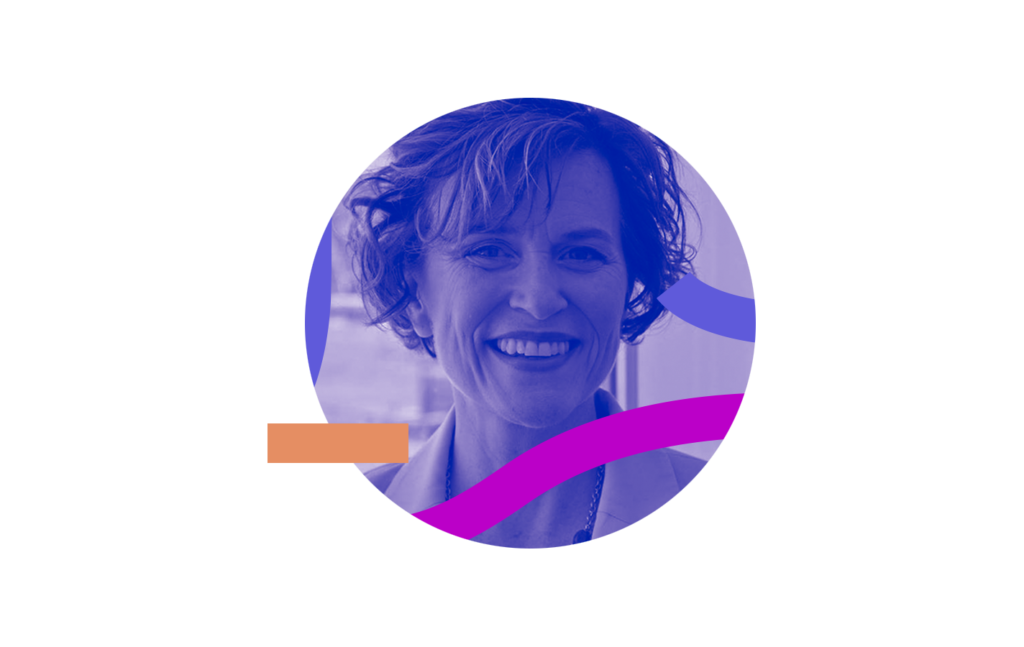
Why are you running for office?
I’ve kept my promises as a tested, progressive leader and have gotten real results for our city and our people. There’s a lot more to do, and I intend to do it. I led the fight to make sure our $15 minimum wage had no tip penalty; I’ve made major investments in community-based policing and affordable housing. Through deliberate, intentional leadership, I have been doing exactly the work that I promised to do, working toward eliminating the gaps between white people and people of color.
Tell Us About Yourself
Pronouns: She/Her
Party Affiliation: DFL
Do you own or rent your home? Own
Let’s Get To Know You
What is your favorite album?
“Born to Run” by Bruce Springsteen and “Exile on Main St.” by Rolling Stones
Who are your heroes?
Dr. Josie Johnson, Van Jones, Paul Wellstone, Barack Obama, Scott Dibble, and my mother, A.J. Hodges
How do you plan to engage with and be held accountable by community once you are elected?
I come from the organizing world. That’s why I’ve governed with community at the table: the Working Families Agenda that I championed was brought to me by community and developed in partnership. That’s also why I’ve been changing the model of City interaction with community from “outreach” and “engagement” to organizing, meeting people where they are. Creative CityMaking, Collaborative Public Safety Strategies, and the One Minneapolis Fund are all organizing-based approaches I’ve developed.
What’s your favorite thing about Minneapolis?
The people of Minneapolis.
The Issues
Why should young people be invested in local politics?
Local politics are one of the most effective tools in making social change, and that’s all the more urgent in the time of Trump.
Where do the inequities in our city stem from?
The inequities in Minneapolis stem from social systems, social structures, governments, and policies that have systematically divided our communities. They persist because the status quo, which some elected officials actively protect, is perfectly set up to get the results that it has always gotten.
Inequities also arise from a liberal focus on equality instead of equity. It’s also true that white people often do not see themselves in the picture of racial equity, which slows down achieving it
What single issue could have the biggest impact in closing racial disparities in our city?
Ending inequities in hiring, retention, and promotion to ensure that people of color are ready to take and create the jobs of the future.
Do you believe that we could ever have a city without police?
No
What would you do, as an elected official, to bring us closer to police abolition?
We will continue to have police in my lifetime. What we get to have is a police department for the 21st century, built on a foundation of trust and dedicated to transforming police-community relations and the definition of public safety. Because I listened when communities have told me they want to define safety for themselves, I have invested significantly in community-based strategies like Group Violence Intervention, mental-health co-responders, and Collaborative Public Safety Strategies.
How do we continue to grow our city without displacing the people that want to stay here?
My vision for housing in Minneapolis includes a range of high-quality housing options affordable to people at all incomes, in every neighborhood. Since 2014, my budgets have invested in this vision: over $80 million in housing strategies, over $55 million for affordable housing, and over $26 million to grow homeownership in low-income communities and communities of color. I am pressing for a strong citywide inclusionary zoning policy to make mixed-income neighborhoods throughout the city more possible and more likely. Investing in preventing commercial displacement is also critically important, especially for small businesses owned by entrepreneurs of color along Lake Street, West Broadway, Central Avenue, and other areas.
How will you fight against state preemption of local control?
I’ve fought for local control for my entire 12 years as an elected official in Minneapolis. Some of that fight is legislative, like insisting on local-approval clauses in legislation. I’ve also supported and helped build successful coalitions: coalitions of advocates, workers, and regular people whose lives will be hurt by local interference, and coalitions of elected officials and city administrators from across Minnesota who know that local interference hurts them as much as it hurts us.
What policy changes are necessary to improve the health of all Minneapolis residents?
How can the city improve our transportation infrastructure?
Minneapolis is on the cusp of a revolution in accessible street design, helped by new funding I helped secure, new policy I have championed, and my leadership in passing our Historic 20-Year Plan to invest in our streets–and putting racial equity at the core of it. We are prioritizing people who rely on transit; improving accessibility; righting historical wrongs with transformative projects like 35W/Lake Access; and implementing a plan to eliminate traffic deaths in 10 years.
How will you work to improve conditions for workers in our city?
We have made great progress. Leading the effort to ensure that no one in Minneapolis has to choose between getting well and getting paid, because we passed earned sick and safe time, is one of my proudest accomplishments. We also passed a $15 city minimum wage which I insisted have no harmful tip penalty. Going forward, I am investing in enforcement, will keep fighting local interference, and will work on strategies to fight wage theft. I will also continue to work on a regional minimum wage.
How do you define sanctuary city? Do you believe that Minneapolis should fill this role and what would you do to make this happen?
We are called a sanctuary city because of our separation ordinance that rightly keeps our police from doing the work of federal immigration authorities. This ordinance has kept all residents safer, and will stand in Minneapolis as long as I am mayor. Undocumented people need us to do more in order to feel safe. That is why I have funded organizations that provide legal help for immigrants, helped Minneapolis become a Welcoming City, and just proposed an Office of Immigrant and Refugee Affairs.
What is the role of city government in shaping Minneapolis as the city of the future?
Cities like Minneapolis are leading progressive change while the federal government is rolling back protections and state governments are often gridlocked. City government isn’t the only tool we have, but it is an important one. If we want a growing economy that benefits everyone, affordable housing in mixed-income neighborhoods, and healthy people and equitable outcomes in every part of our city, we get to push the limits of the tools of city government to get there, and to fight for new ones.
Anything else you want people to know?
We can leave no genius on the table. Equity is the future. Political will is required to make this argument regularly and consistently, and to put actual resources behind it. Racial equity upsets the status quo–we will continue to suffer from the status quo’s results, and not see the results we actually want, unless the political will to move racial equity forward is intentional, focused, and united. We get to work together to build a city that works for everyone.
For more information, visit betsyhodges.org.
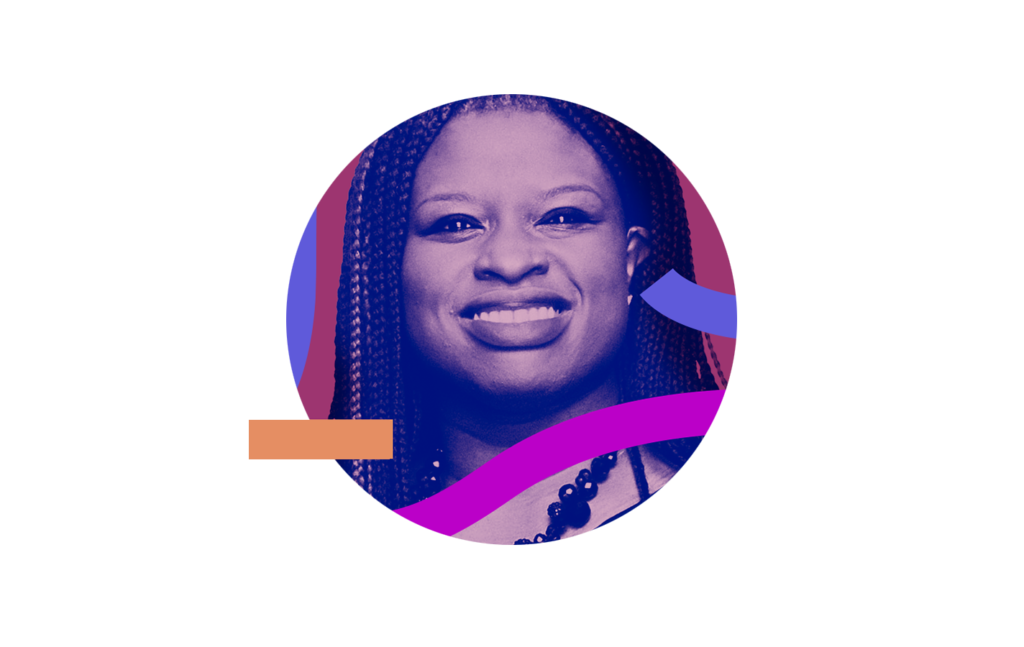
Why are you running for office?
I am running to become the next Mayor of Minneapolis because I have the vision, experience, clarity, and courage to bring about the changes that are needed to make Minneapolis a better city for everyone. We have some of the worst racial disparities in the country, but things don’t have to remain that way. The people deserve a leader who is a problem-solver and a critical thinker who cares about everyone in our city.
Tell Us About Yourself
Pronouns: She/Her/Hers
Party Affiliation: DFL
Do you own or rent your home? Rent
Let’s Get To Know You
What is your favorite album?
I love 90s R&B music and hip hop.
Who are your heroes?
Harriet Tubman, Rosa Park, Shirley Chisolm, Fannie Lou Hamer, Dr. Martin Luther King, Jr.
How do you plan to engage with and be held accountable by community once you are elected?
I have a strong track record of community engagement and will continue to do so, once I become Mayor. I plan to ensure that there are various community-led commissions and committees in place to bring the voices and ideas of the people to City Hall, but more importantly, to bring City Hall to the people. Under my leadership, we would work hand in hand with the community to hold community forums, discussions, and feedback sessions. My office would provide the community with regular updates.
What’s your favorite thing about Minneapolis?
I love the people of this great city and the high level of activism and engagement in civil rights and social justice issues.
The Issues
Why should young people be invested in local politics?
Young people hold the key to the future of our City. They must be trained & educated about the political system & encouraged to reshape it.
Where do the inequities in our city stem from?
The inequities in our city stem from the fact that our systems, policies, & institutions that were designed with white middle class Minneapolis residents in mind, didn’t change when the racial & socio-economic demographics of our city changed. We must stop being in denial about the seriousness of racial disparities & take concrete steps to root out bias within our laws, systems, and institutions, and how we treat people based upon their skin color, religion, disability, or sexual orientation.
What single issue could have the biggest impact in closing racial disparities in our city?
There is not one single issue– it’s multi-faceted and intersectional across issues such as employment, education, housing, & crim justice.
Do you believe that we could ever have a city without police?
No
What would you do, as an elected official, to bring us closer to police abolition?
In order to abolish the police, we would need to end gun trafficking and gun violence in our city, which are matters of community safety. I would work with the community to identify alternative models to policing and more community control over the institution of policing and stronger metrics of accountability. We must also provide resources for appropriate mental health interventions that do not require police involvement. Finally, we must end the militarization of our police force.
How do we continue to grow our city without displacing the people that want to stay here?
As Mayor, I would work to make affordable housing a higher priority. This could happen in a number of ways. The city has hundreds of vacant lots that could be sold to residents who are working poor for $1, and developers could be incentivized to help build energy efficient homes on those lots at a below market cost. We could encourage more cooperative housing throughout the city by providing resources and reducing the red tape and zoning barriers to make this happen. We could take some of the fees collected from slumlords and reinvest them into rental payments for families facing evictions. We should enact inclusionary zoning policies for new housing developments. We could also establish a community oversight board.
How will you fight against state preemption of local control?
I would ensure that we have adequate representation at the state capitol to make our interests and positions known and will also testify against preemption bills, if necessary. I will also work to mobilize residents to become politically engaged in the process and to use their voices.
What policy changes are necessary to improve the health of all Minneapolis residents?
The city must become more proactive about holding polluters such as Northern Metals accountable through fines and regulations and implementing policies that prioritize health protection of residents. It is disturbing that residents in North Minneapolis have higher rates of asthma and cancer and how little has been done. Additionally, policies that promote the use of clean air technologies and energy efficiency are vitally important, as are the allowance of city-owned rooftops for solar gardens.
How can the city improve our transportation infrastructure?
We must make smart investments in our transportation infrastructure and have a big vision that includes the voices and ideas of city residents. Thankfully, we don’t have to reinvent the wheel. Denver completed a $1.67 billion Transportation Expansion Project that added 19 miles of light rail and pedestrian bridges, amongst other improvements and expansion of highways to relieve congestion. The project is a national model that we could look to.
How will you work to improve conditions for workers in our city?
I believe that workers deserve fair wages, which is why I was an early supporter of $15 Now. Higher wages are one step towards improving the quality of life of workers. I will listen to the concerns of workers and will advocate for policy changes that will address those issues. I will also champion more equitable hiring practices for city workers to ensure a more robust, diverse workforce.
How do you define sanctuary city? Do you believe that Minneapolis should fill this role and what would you do to make this happen?
A sanctuary city is a safe haven for immigrants and undocumented persons from deportation. In some jurisdictions, “sanctuary city” is just a label. In Minneapolis, we must actualize this notion by ensuring that our immigrant and undocumented residents are treated with dignity and respect within each system and institution, that there is equitable opportunity for employment, support for small businesses, and affordable housing, and address the impacts of low level offenses on them.
What is the role of city government in shaping Minneapolis as the city of the future?
City government plays a huge role in casting a vision for what the future of our city should look like, the policies that are necessary to achieve said vision, and how to fairly and equitably distribute the resources that it will take in a racially diverse city.
Anything else you want people to know?
I care deeply about the people of Minneapolis and its future. I am committed to championing the issues and policies that will help our city become a national model for equity and inclusion.
For more information, visit minneapolisfornekima.com.
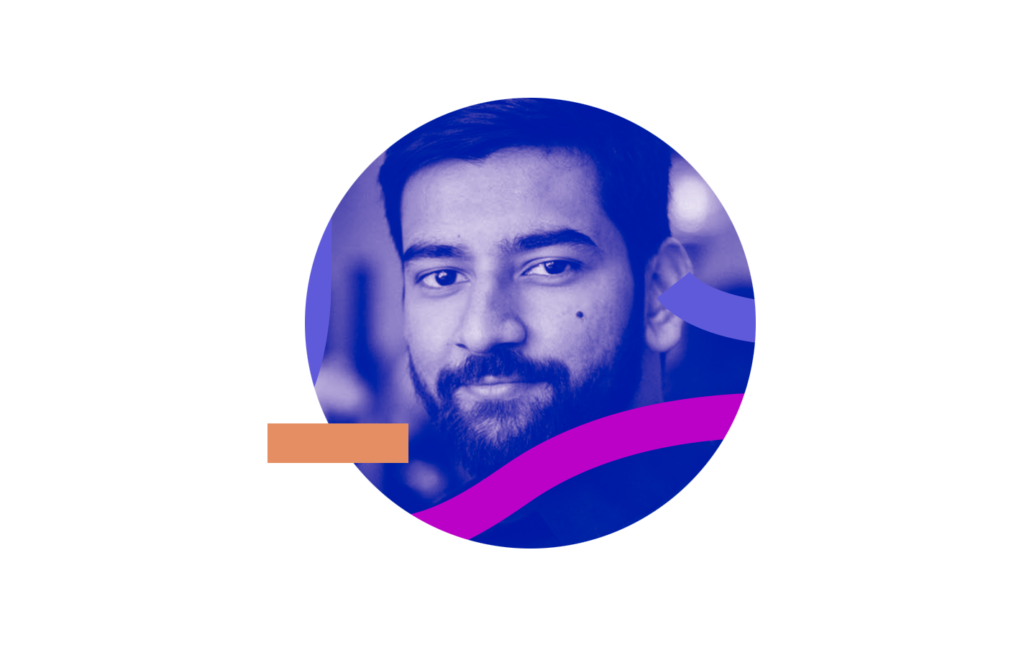
Why are you running for office?
Tell Us About Yourself
Pronouns: He Him His
Party Affiliation: DFL
Do you own or rent your home? Rent
Let’s Get To Know You
What is your favorite album?
James Brown – Live at the Apollo 1962
Who are your heroes?
Napoleon, Atatürk, Siddharta Gautama, Cincinnatus, Alcibiades
How do you plan to engage with and be held accountable by community once you are elected?
I will introduce participatory budgeting – every step of the budget preparation process will be transparent, with direct citizen input once a week. For policing, one of my 14 Reforms is to enforce Mayoral Responsibility, meaning any complaint by a citizen against a sworn officer will require the Mayor to advocate for the citizen.
More dramatically, I have a shirt-collar rule – any citizen can grab me by the shirt collar (hopefully gently) to hold me accountable to campaign promises.
What’s your favorite thing about Minneapolis?
That this is a city that exemplifies the modern American dream – that we are a place where one can truly build a life for themselves.
The Issues
Why should young people be invested in local politics?
Because their future depends on it. The health of our city twenty years down the road is being set now with how we allocate our resources.
Where do the inequities in our city stem from?
History and government policy. The initial waves of European immigrants were able to set up shop first in Minneapolis, and even today, Caucasian people own 90% of the businesses in a city where they number only 60%. Later waves of Black and Latino migrants and foreign-born peoples simply don’t have the capital built up — economic, political, or social.
To make inequities worse our City Hall, as the largest investor in Minneapolis, consistently over-invests in non-resident interests.
What single issue could have the biggest impact in closing racial disparities in our city?
Providing preschool vouchers to all working families under the poverty line.
Do you believe that we could ever have a city without police?
No
What would you do, as an elected official, to bring us closer to police abolition?
[Not answered]
How do we continue to grow our city without displacing the people that want to stay here?
Invest. In. The. People. Take the $70m we are set to spend on downtown development and city hall expansion each year and put that in preschool vouchers, expanding tuition-free programs at MCTC for low-income students, invest in growing jobs through local small businesses.
Invest in affordable housing by stabilizing the property tax rate, strengthening enforcement of renter’s rights, and re-zoning single family home areas into multi-family and mixed-use zones. Stop tax-financing for private developments in Minneapolis.
Give people a fair shot to build a life for themselves in Minneapolis.
How will you fight against state preemption of local control?
Tooth and nail. A well-timed press conference can be powerful. Working with other local leaders to unite our interests and begin lobbying the Legislature. Targeting specific legislators to influence from around the state to speak up on our behalf.
What policy changes are necessary to improve the health of all Minneapolis residents?
Holding riverfront polluters accountable – the GAF factory is many times worse that NMR ever was, and only a bulldog mayor can bring them to heel.
Expand lead detection services and support. Create door-to-door prenatal services for expecting mothers, particularly those under the poverty line.
How can the city improve our transportation infrastructure?
Prepare for automated driving by creating incentives for surface parking lot owners to upgrade to vertical structures.
Increase ridership by improving public safety along bus lines. Transit stops are some of the most dangerous areas in Minneapolis, and that is in part because of the gray area between the responsibilities of the MPD and Metro Transit Police.
How will you work to improve conditions for workers in our city?
By ensuring that our children have access to high quality preschools while they are at work. By making our neighborhoods safer by implementing the fourteen reforms of the MPD. By holding the factories polluting their air accountable. By strengthening the whistleblower route into the Mayor’s Office.
How do you define sanctuary city? Do you believe that Minneapolis should fill this role and what would you do to make this happen?
A sanctuary city doesn’t ask the immigration status of the residents they interact with. This is crucial for effective policing, as it keeps routes of information open, and genuinely support public safety. I think Minneapolis, and every municipality, should fill this role. I will keep the policy on the books, and exercise Mayoral Authority should there be any infractions.
What is the role of city government in shaping Minneapolis as the city of the future?
To allocate city resources in the areas that will return the most on investment over time. Those are, by far, early childhood care and expanding tuition free MCTC.
Anything else you want people to know?
We get a chance every four years to realign our city. Our policies over the last two decades have led to the mass gentrification of our city – simultaneously raising overall wealth and poverty.
For more information, visit aswarrahman.com.

Why are you running for office?
I am running under the Banner of “Rainbows Butterflies Unicorn” as a personal crusade to spread awareness of the 2017 City election to encourage higher voter turnout. The unique and memorable political campaign efforts of Senator Paul Wellstone is a source of inspiration, a personal tribute to Paul. The motto of campaign is “Forward with Joy”, that means that we shall not be demoralized by the 2016 election.
Tell Us About Yourself
Pronouns: Butterfly
Party Affiliation: Democratish
Do you own or rent your home? Own
Let’s Get To Know You
What is your favorite album?
B-52s Debut Album
Who are your heroes?
Paul Wellstone, Mr. Rodgers, Underdog, Thomas Paine, Grandpa, Grandma
How do you plan to engage with and be held accountable by community once you are elected?
Engagement and accountability by continuously conducting electronic voting to engage all citizens regardless of whether they have been deprived of their right to vote. Significant emphasis will be given to educating citizens of what exactly is within the power of the city’s elected official to do because this is too often a source of frustration.
What’s your favorite thing about Minneapolis?
The people, the music, the streets, the culture, the snow, the river, the lakes, the parks, the gardens,
The Issues
Why should young people be invested in local politics?
Young, Middle and Old should be invested in local politics because its where we truly learn how to live together as a community.
Where do the inequities in our city stem from?
Inequities are always the result of the imbalance of power, the personal and collective failure to participate in sharing power, and the exclusion of real consensus.
What single issue could have the biggest impact in closing racial disparities in our city?
Change priorities. People push for benefits/amenities from the city take away time, money and resources from what really matters.
Do you believe that we could ever have a city without police?
No
What would you do, as an elected official, to bring us closer to police abolition?
That won’t work. I favor a Civilian Review Board with power to sanction. I favor the creation of an unarmed Auxiliary Police Division that works with the community and Police to change police culture. Those who are “off paper” will be eligible to apply for this Auxiliary group. I would consider additional initiatives such as early retirement offers, and incentives for fireman to transfer to the police department. The goal is to change the culture by changing the composition of personnel.
How do we continue to grow our city without displacing the people that want to stay here?
I am from New Jersey. One of the reasons I came here to Minneapolis was because the RENT WAS TOO DAMN HIGH. We should encourage more housing through changes to regulatory policy, and by target investments in housing. I see rent control as a short term solution, but certain kinds of cost controls should become permanent. I also believe that in order to create more affordable housing, we need to bring down the cost of housing construction, that means training more people to be electrician, plumbers, etc so that the price of new construction does not increase because they are no enough skilled workers.
How will you fight against state preemption of local control?
That’s a tough one. We need to be able to amend the state constitution. That means that people have to stick together politically like never before, and at the same time reach out to the United Outstates of Minnesota so that we a coalition big enough to make the constitutional change possible.
What policy changes are necessary to improve the health of all Minneapolis residents?
There are limits to what the city can do , but we can do more. We can play a more active of role in making immunization available, not just flu, but other kinds of diseases. I would favor the creation of a free clinic for podiatry, walking in pain undermines the basic health of too many people, the benefits of foot health cannot be overstated. We must make a serious and greater investment in Sex education, sexual literacy is as essential part of life always needing more support than it gets.
How can the city improve our transportation infrastructure?
[Not answered]
How will you work to improve conditions for workers in our city?
I am a member of the Communication Workers of America Local 7250. To whatever extent possible, we should support workers right to organize as a union. We should as a city foster alternative worker lead organizations when a worker is deprived of their right to organize. Special attention should be paid to people who are working as freelancers and day labors who in certain circumstances are excluded from legal protections that other Minneapolis citizens have.
How do you define sanctuary city? Do you believe that Minneapolis should fill this role and what would you do to make this happen?
We will not cooperate with ICE.
What is the role of city government in shaping Minneapolis as the city of the future?
[Not answered]
Anything else you want people to know?
I would like to say more later. I hope I can revisit the questionnaire later. Thank you
For more information, visit www.daveunicorn.com.
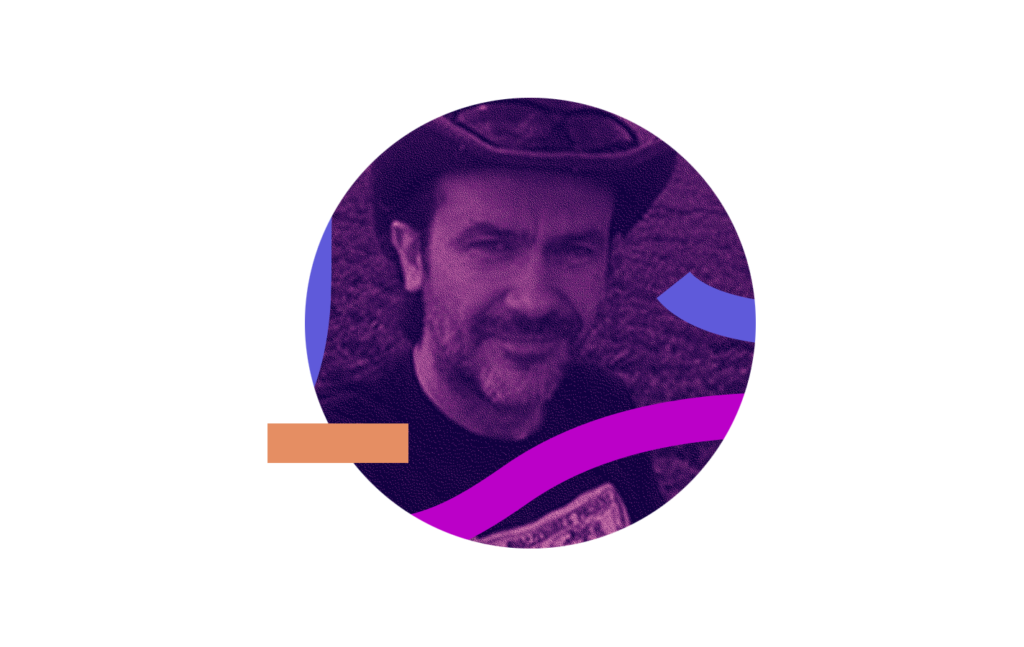
Did not respond.
Troy Benjegerdes is a DFL candidate running for the office of mayor. For more information, visit www.mayortroy.com.
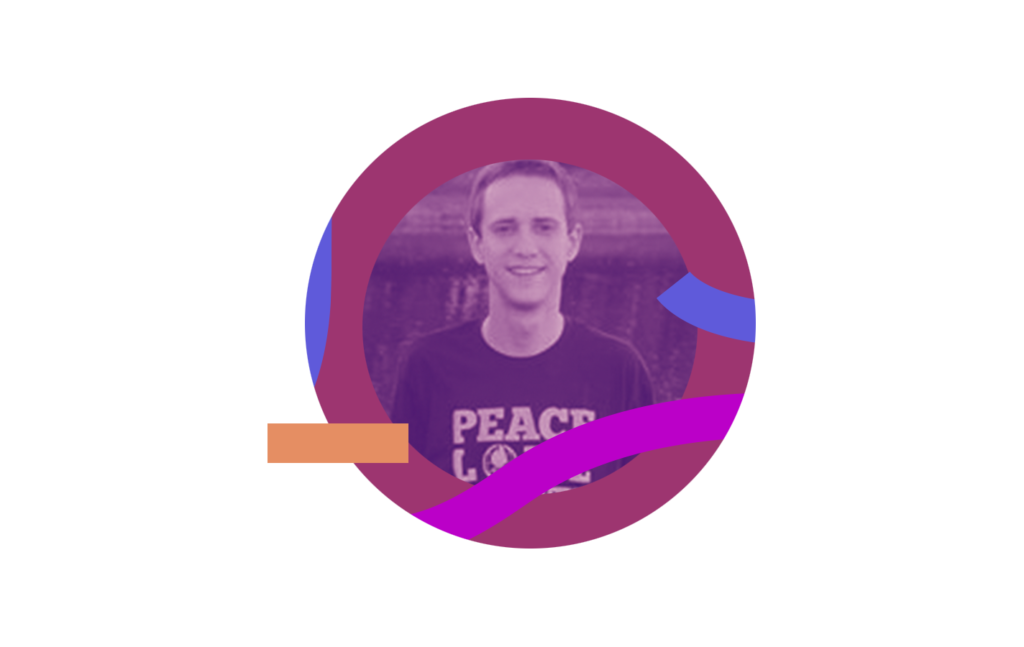
Did not respond.
Charlie Gers is a Libertarian candidate running for the office of mayor. For more information, visit www.facebook.com/CGers4Minneapolis.
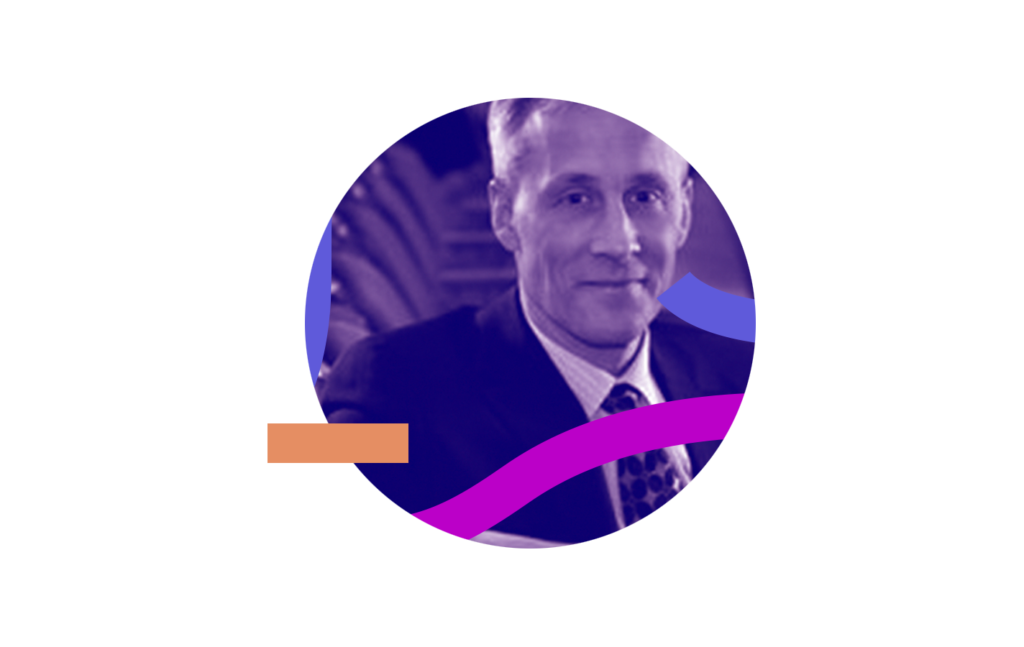
Did not respond.
Tom Hoch is a DFL candidate running for the office of mayor. For more information, visit www.tomforminneapolis.com.

Did not respond.
Gregg A. Iverson is a DFL candidate running for the office of mayor.

Did not respond.
Ronald Lischeid is running for the office of mayor on the principle of “people over politics.”

Did not respond.
L.A. Nik is an Independent candidate running for the office of mayor. For more information, visit www.mayorofminneapolis.com.

Did not respond.
David Rosenfeld is a Socialist Workers candidate running for the office of mayor. For more information, visit www.themilitant.com.

Did not respond.
Ian Simpson is running for the office of mayor. For more information, visit www.ian4mayor.com.

Did not respond.
Captain Jack Sparrow is running for the office of mayor on the principle of “basic income guarantee.” For more information, visit occupirate.blogspot.com.